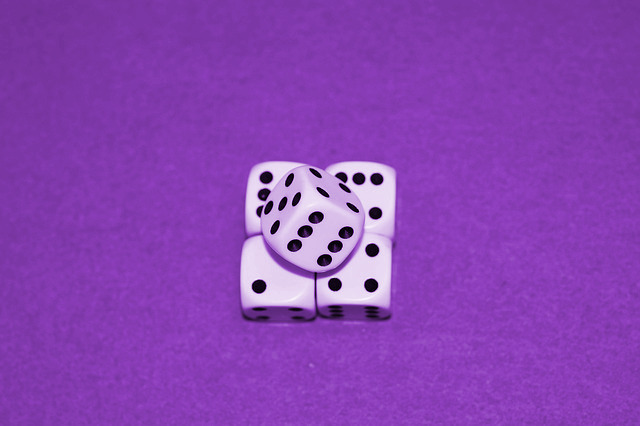Who is Joan Olle
A person who bluffs with approximately the right frequency — and also, of course, in a random way — is a much better poker player and will win much more money in the long run than a person who virtually never bluffs or a person who bluffs too much. The person who never bluffs will never get much action.

The person who always bluffs will get all the action he wants until he runs out of money. But the person who bluffs correctly keeps his true holdings disguised and is constantly forcing his opponents into tough decisions, some of which are bound to be wrong. When there are more cards to come, your bluffs should rarely be pure bluffs — that is to say, bets or raises that have little or no chance of winning if you are called, even taking into account the cards you may get on future rounds.
Instead your early-round bets should be semi-bluffs, those powerful, deceptive plays we looked at. It is important to bluff occasionally on early rounds to keep your opponents off-balance. But why do it when you have only one or two ways of winning? For a pure bluff to work, your opponent or opponents must generally fold immediately.

